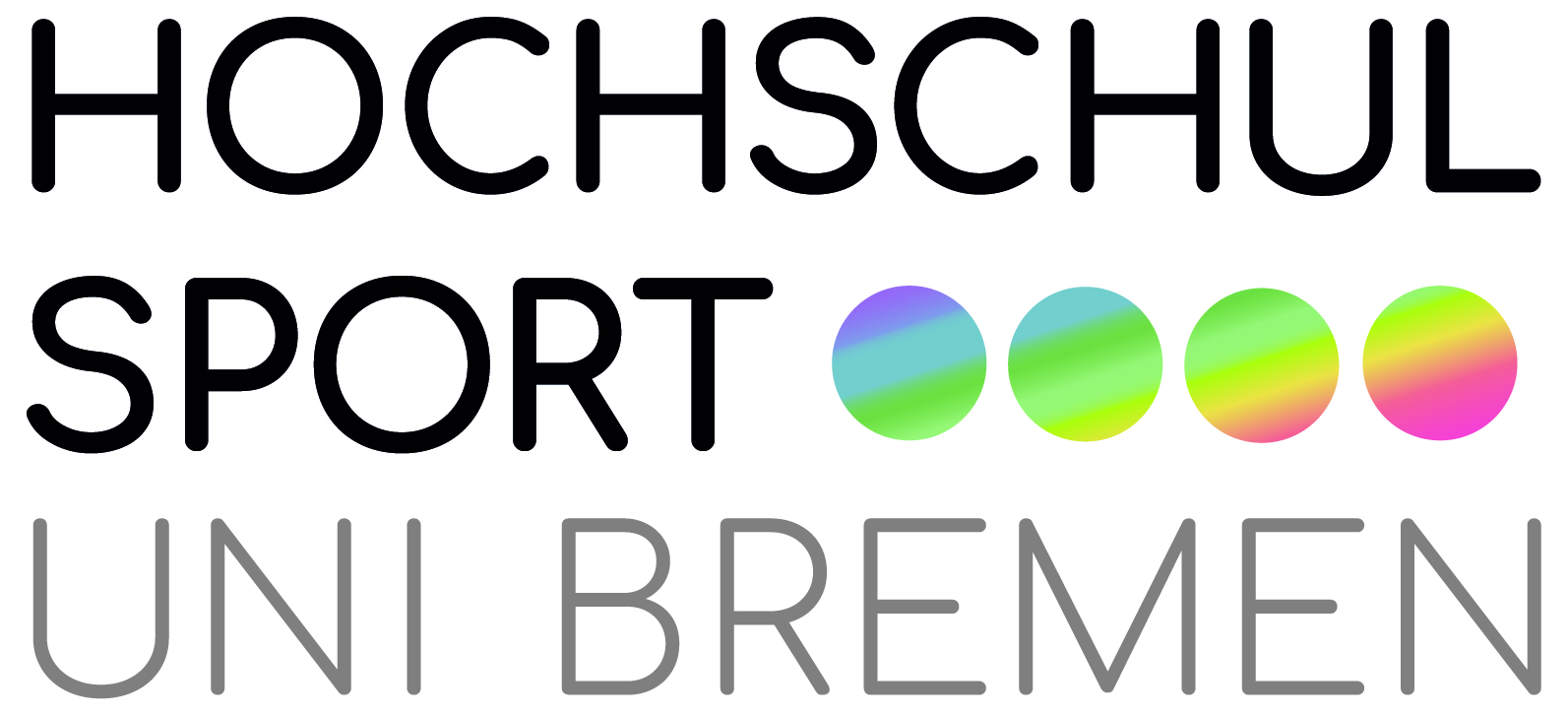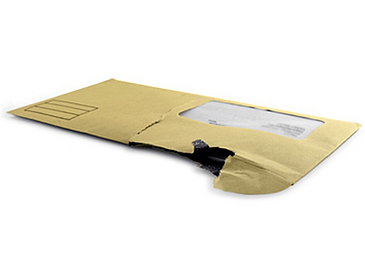Why was the East German Ministry for State Security (popularly known as the Stasi) involved in undercover activities at universities in Western Germany? What sort of contacts did the Stasi maintain, what were the lines of communication, and what form did such cooperation take? Following an initiative started by the former Rector of Bremen University, Prof. Wilfried Müller, historian Prof. Thomas Großbölting from the University of Muenster is researching past Stasi activities at West German universities – concentrating his investigations on the Universities of Bremen, Muenster and Kiel. These three universities are the first institutions of higher education in the old Federal States to actively address the topic. In the meanwhile, others have stated their intentions to do likewise. Prof. Großbölting has already submitted a research proposal and requested access to the pertinent records pursuant to Art. 32 of the Stasi documentation law. He will decide whether the existing evidence provides sufficient data for a full-blown project once the initial research phase has been completed.
Former Rector Müller explains that the aim of the proposed study “… is to find out what sort of influence the former GDR Ministry for State Security exerted at universities in the Federal Republic of Germany, including my own university here in Bremen.” Großbölting wishes to stress that the project will focus on analyzing the influence the Stasi wielded: “Our objective is not to unveil the persons involved, but rather what took place.” Previous research already revealed how thoroughly the GDR intelligence service had infiltrated West German politics – but very little is known about the role that West German universities played in gathering intelligence for the GDR “foreign intelligence agency”.
The President of the Christian-Albrechts-Universität zu Kiel (CAU), Prof. Gerhard Fouquet, sees the proposed research project as “a long-overdue step in addressing the effects of the second German dictatorship on universities in West Germany. We wish to express our thanks to the University of Bremen for seizing the initiative in respect of this important research project.”
Possible areas where the Stasi was involved at West German universities
Großbölting believes the Stasi activities may have been concentrated around those faculties involved in industrial projects and Eastern European research – but by no means only there. Quite the opposite: The East German intelligence service regarded the universities above all as recruiting grounds for so-called potential Informeller Mitarbeiter [unofficial collaborator]. The idea was to enlist people known to have a certain ideological proximity to “leftist thinking” but who had not become prominently involved in political activities. Of particular interest were graduates whose careers might position them for future espionage work.
For further i nformation, please contact:
nformation, please contact:
Universität Bremen
The Rector: Prof.Dr. Wilfried Müller
Phone: +49 421-218 60011
e-mail: rektorprotect me ?!uni-bremenprotect me ?!.de
Westfälische Wilhelms-Universität Münster
Historical Department: Prof.Dr. Thomas Großbölting
Phone: +49 251-8324322, 8324320 (Secretariat)
e-mail: thomas.grossboeltingprotect me ?!uni-muensterprotect me ?!.de
Christian-Albrechts-Universität zu Kiel
The President: Prof.Dr. Gerhard Fouquet
Phone: +49 431-880 3000
e-mail: presidentprotect me ?!praesidium.uni-kielprotect me ?!.de


